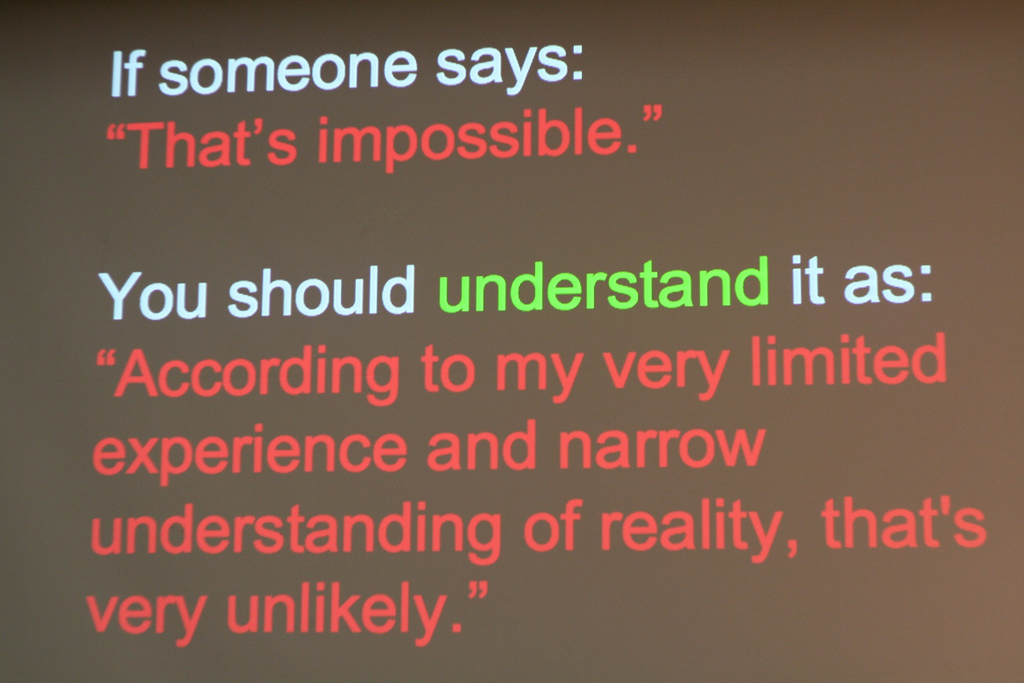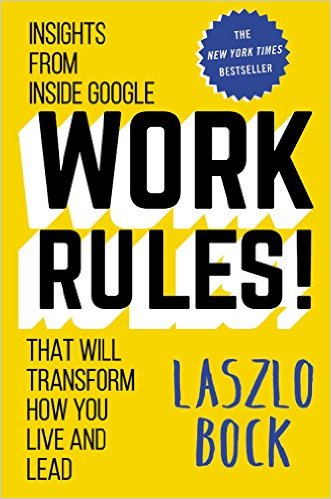An Experience of Writing Articles Online
Why is everyone still interested in writing articles?
It’s not for the money, as since the Google Panda update the online writing sites which used to dominate the landscape with millions of online articles for the world to sit back and consume, are almost gone. The problem with these were not that they didn’t offer quality articles, but rather they offered too many articles, and there was no oversight. This is still the case with almost all of the “writing sites” you can come across in and around the net.

This being the case, and I am one of the many people who wrote on places such as Hubpages, the now defunct Seth Godin created Squidoo, and knew of places such as e-zine articles and more, the problem with them was similar to the whole concept of free money. Almost anyone would tell you that there was ‘money to be made’ within these communities, and they weren’t wrong, and they didn’t lie, but they didn’t mention, or want to tell how hard it would actually be to write an article, and then to be remotely capable to earn some type of income. Nobody cared to hear the stories of a person taking hours to do keyword research or the fact that it would and could mean there wouldn’t be any traffic because a writer was in competition with hundreds of others who were doing the same thing, and wanting the same thing.
In many ways, the phenomenon of writing online, and writing articles, is something that happened, exploded and only the ones who were either earning profits or simply getting enough traffic to provide word of mouth. For example, Squidoo, which was bought out by Hubpages, had troubles after Google Panda, which was the major algorithm change which started the downfall of these sites. Those writers who had blogs and websites simply moved their articles to their blogs and changed them, updated them and made sure that they were stronger in many ways.
So what about hubpages vs blogs? Or if one is wants to make a comparison to another writing site simply add it there.
It used to be that the standard for writing a hub (what the company says is an online article, because, according to them, you are writing articles and not blog posts) was about 800 words, has a few pictures and a couple of links, had good grammar and was what is commonly called ‘evergreen’ content. That’s a start, but now this is actually the standard for a blog post, because people are smart, they are looking for useful information and something that when they type in their choice keywords they will find something that will help them.
Anyone with a blog can do this, they simply have to set a different standard. On a blog anything less than 800 words looks as if the blog writer hasn’t done as much research. However, with a blog post, and your own website, the writer has the power and the assurance that they can add parts, expand on comments, or simply build something that is there. Not to mention that a blog is a business. What people forget when they work with sites such as hubpages is that the intellectual property might be theirs, but if the company feels that something is better for their business, the onus is upon the writer to go with it or fix it or do something with it that will require them to work harder and not smarter.
What about making money?
Another truth that places such as Hubpages or their competition seems to suggest is that people make some type of money with their writing. After all, for every article you were to write, have run through a quality control on Hubpages, or many other sites like it, and then have it published, means you will have something to show for it in return. In theory this is true, but the reality is far less forgiving.

Before the Google Panda update, in February of 2011, there was a lot of writers who didn’t notice an effect right away on their articles. After all, there were countless articles out there, and it was a huge business, but it was going to come falling down soon. The business plan which worked for thousands of spammers, wherein they would, and did, write much shorter articles and didn’t worry about things such as grammar or spelling as long as it provided them with income stopped. With the decrease of traffic came a harsh reality for many writers, no income that they assumed would continue as long as they wrote anything on an reasonably frequent basis.
The biggest trouble with anything is assuming what happened before a rule change will continue. After all, many bloggers assumed that adding an online article or more would help them, they didn’t focus on the important thing about money, and that is making sure that the business they would be working with was stable in the long term. They forgot the rule of what goes up, must come down. There were many writers who would write blog posts about how Hubpages was making them money, but failing to mention that writing articles takes a long time, if any other writer wanted it done correctly.
People forgot the 80/20 rule, and it cost them money and energy.
Writing articles correctly.
That is the key factor in this whole thing, people went to Squidoo and went to Hubpages, and when they didn’t get what they wanted they moved to Bubbleviews, or to Wizzley or used e-zine articles, and never once thought about the factors that were under their control. It is still simple to do a Google search (or Yahoo or Bing for that matter) and find the basic rules of writing articles, and this hasn’t changed since the start of the Internet it seems. Write something that people want to read, and make sure the basic information is still valid after many years.
The true difference is the word count of an article, there is a minimum, a good articles is about one thousand words long, but that means nothing to a reader. If what they are looking for from you requires a two word article this is also important. To simply have something which is out there, and an article which has some validity, means you will need to accept that your writing must improve, and also you must think more as a business than anything else.
Writing articles correctly? The only way you’ll know is by using Google Analytics, working with Google webmaster, do keyword research, work on SEO, and above all, take your time to do it.
You May Also Like

Business With Google?
February 28, 2018
Cutting and Pasting and A Poster Board
May 16, 2009
